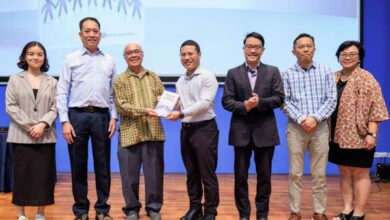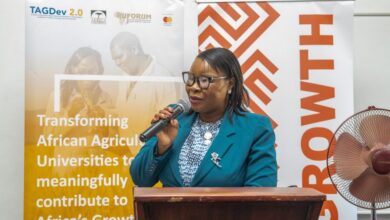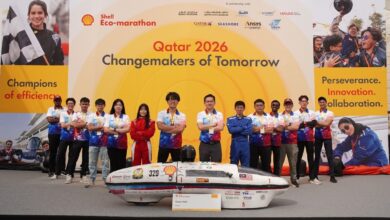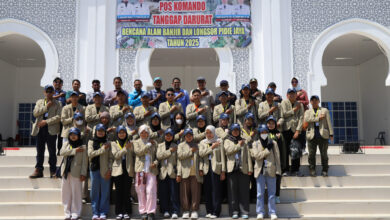Empowering Student Changemakers to Drive Sustainability Initiatives from Classroom to Community
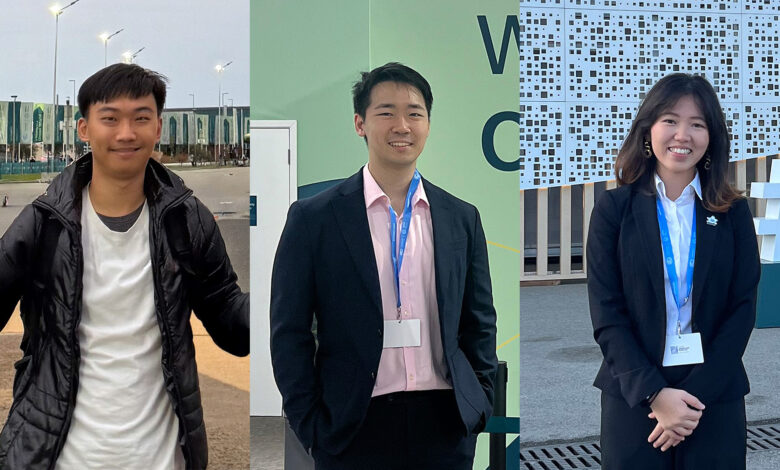
Empowering student changemakers is crucial in driving sustainability initiatives from the classroom to the community. A new generation of passionate individuals is leading the charge at the National University of Singapore (NUS) by actively engaging in innovative strategies aimed at addressing pressing environmental challenges.
Student Changemakers Advancing Sustainability Initiatives
Recent reports from NUS News highlight a new generation of student changemakers at the National University of Singapore (NUS) dedicated to promoting sustainability within their communities and extending these efforts beyond academia. This initiative is part of a wider strategy to confront pressing climate change challenges by utilizing the skills and creativity of students from diverse disciplines.
Students at NUS are addressing various issues, including food security, renewable energy, and sustainable finance. Their diverse academic backgrounds contribute fresh perspectives to sustainability initiatives, emphasizing the need for actionable solutions to climate challenges. Despite their differing fields of study, these students share a common objective: to facilitate meaningful change concerning climate issues that align with their values.
Cultivating Sustainable Food Systems
Lei Hong Wei, a Geography major in the NUS College of Humanities and Sciences, exemplifies this commitment. His understanding of sustainability issues grew as he engaged in interdisciplinary coursework. Through his academic experiences, he learned about the interactions among various stakeholders in the fight against climate change.
Hong Wei became involved with the NUS Students’ Association for Visions of the Earth (NUS SAVE), where he shifted focus from solely measuring sustainability metrics to participating in practical initiatives. One significant project includes the establishment of a rooftop garden aimed at promoting local food production. This garden also serves as a venue for plant-based cooking workshops designed to advocate for sustainable living practices.
Innovative Electric Vehicle Solutions
In another example, Benjamin Long, a Computer Engineering student, demonstrates the impact of student-led innovation. After briefly leaving NUS to pursue a startup, he returned with the intention of enhancing his technical skills. His company, Beep Technologies, tackles the fragmented experience of electric vehicle (EV) charging by creating a unified platform that allows users to access various charging networks seamlessly. This innovation aims to simplify the charging process for users and encourage broader adoption of electric vehicles.
Commitment to Sustainable Finance
Lee Xin Chun, pursuing a Master of Science in Sustainable and Green Finance, blends her academic focus with a passion for environmental conservation. She participates in various initiatives, including international forums, where she underscores the importance of mentorship and collaboration for navigating the intricacies of sustainable finance. As a leader in the Inter-University Environmental Coalition, she fosters dialogue between universities and government agencies to promote systemic sustainability efforts within Singapore’s academic circles.
Additionally, Xin Chun is involved in organizing the upcoming Sustainability Youth Festival 2025, which aims to engage youth in sustainability through interactive activities and discussions.
The collective efforts of these students highlight the diverse forms and methods that commitment to sustainability can take. Their initiatives showcase the potential of youth-led actions in cultivating a more sustainable future for all.
(Original source: NUS News)

